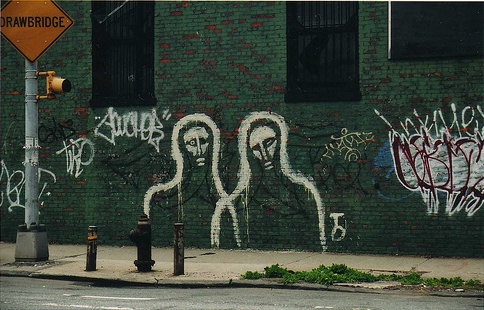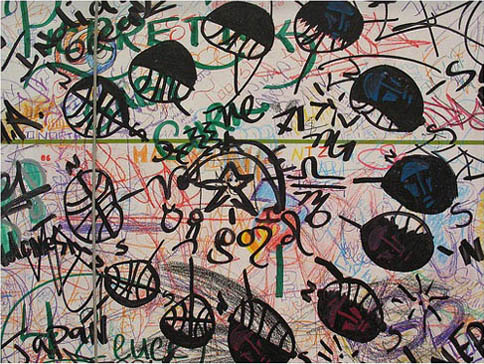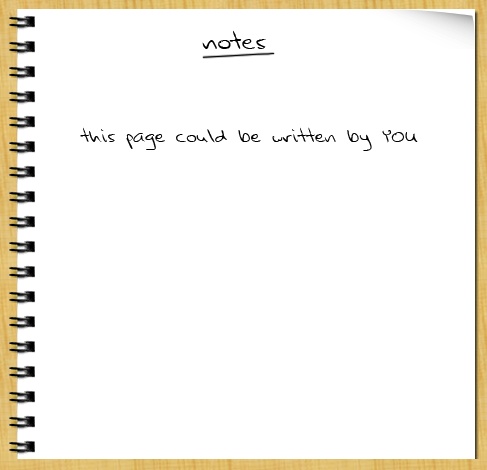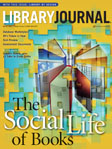Clay Shirky has some interesting thoughts on why Larry Sanger’s expert-driven Wikipedia spinoff Citizendium is bound to fail. At the heart of it is Sanger’s notion of expertise, which is based largely on institutional warrants like academic credentials, yet lacks in Citizendium the institutional framework to effectively impose itself. In other words, experts are “social facts” that rely on culturally manufactured perceptions and deferences, which may not be transferrable to an online project like the Citizendium. Sanger envisions a kind of romance between benevolent academics and an adoring public that feels privileged to take part in a distributed apprenticeship. In reality, Shirky says, this hybrid of Wikipedia-style community and top-down editorial enforcement is likely to collapse under its own contradictions. Shirky:
Citizendium is based less on a system of supportable governance than on the belief that such governance will not be necessary, except in rare cases. Real experts will self-certify; rank-and-file participants will be delighted to work alongside them; when disputes arise, the expert view will prevail; and all of this will proceed under a process that is lightweight and harmonious. All of this will come to naught when the citizens rankle at the reflexive deference to editors; in reaction, they will debauch self-certification…contest expert preogatives, rasing the cost of review to unsupportable levels…take to distributed protest…or simply opt-out.
Shirky makes a point at the end of his essay that I found especially insightful. He compares the “mechanisms of deference” at work in Wikipedia and in the proposed Citizendium. In other words, how in these two systems does consensus crystallize around an editorial action? What makes people say, ok, I defer to that?
The philosophical issue here is one of deference. Citizendium is intended to improve on Wikipedia by adding a mechanism for deference, but Wikipedia already has a mechanism for deference — survival of edits. I recently re-wrote the conceptual recipe for a Menger Sponge, and my edits have survived, so far. The community has deferred not to me, but to my contribution, and that deference is both negative (not edited so far) and provisional (can always be edited.)
Deference, on Citizendium will be for people, not contributions, and will rely on external credentials, a priori certification, and institutional enforcement. Deference, on Wikipedia, is for contributions, not people, and relies on behavior on Wikipedia itself, post hoc examination, and peer-review. Sanger believes that Wikipedia goes too far in its disrespect of experts; what killed Nupedia and will kill Citizendium is that they won’t go far enough.
My only big problem with this piece is that it’s too easy on Wikipedia. Shirky’s primary interest is social software, so the big question for him is whether a system will foster group interaction — Wikipedia’s has proven to do so, and there’s reason to believe that Citizendium’s will not, fair enough. But Shirky doesn’t acknowledge the fact that Wikipedia suffers from some of the same problems that he claims will inevitably plague Citizendium, the most obvious being insularity. Like it or not, there is in Wikipedia de facto top-down control by self-appointed experts: the cliquish inner core of editors that over time has becomes increasingly hard to penetrate. It’s not part of Wikipedia’s policy, it certainly goes against the spirit of the enterprise, but it exists nonetheless. These may not be experts as defined by Sanger, but they certainly are “social facts” within the Wikipedia culture, and they’ve even devised semi-formal credential systems like barnstars to adorn their user profiles and perhaps cow more novice users. I still agree with Shirky’s overall prognosis, but it’s worth thinking about some of the problems that Sanger is trying to address, albeit in a misconceived way.






 Social bookmarking site del.icio.us
Social bookmarking site del.icio.us 
